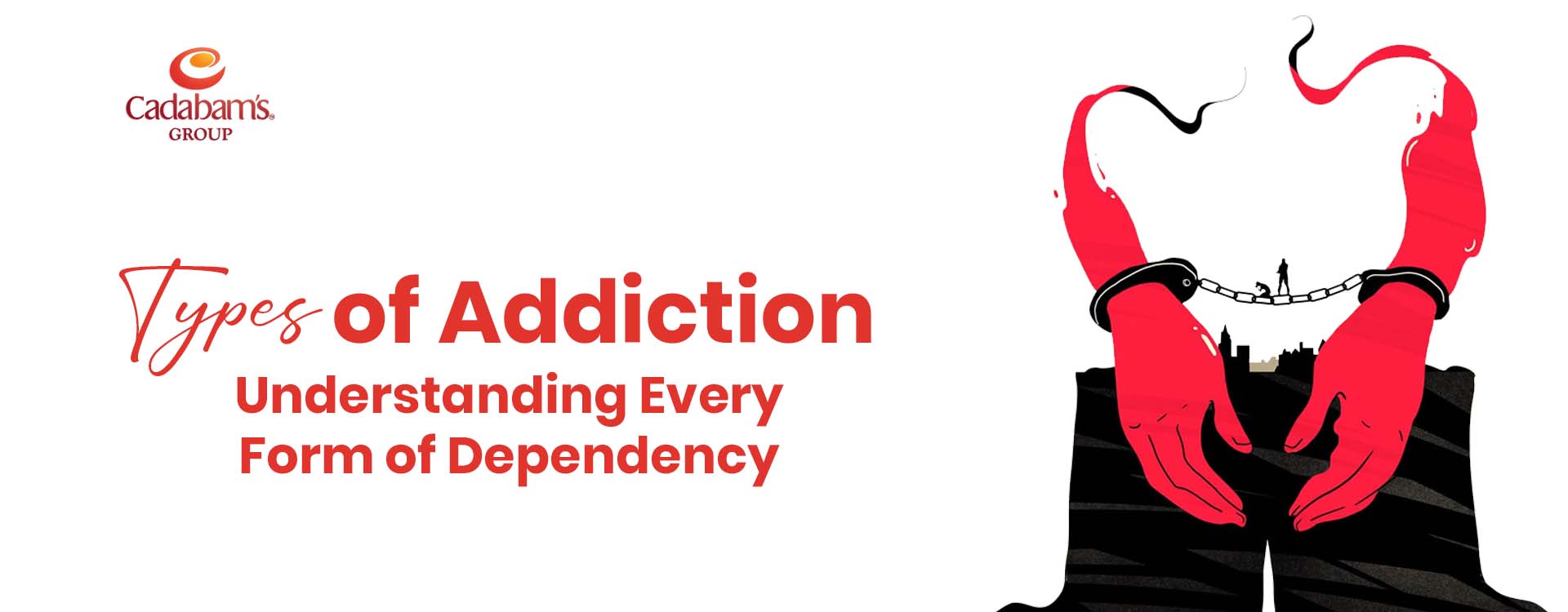What is responsible drinking?
Alcohol, the old friend, and the irritating enemy. Many of us have spent years trying to find the perfect balance between having a good time with the alcohol and having too much alcohol. Having too much alcohol can cause serious problems and can lead to addiction as well.But, alcohol doesn’t want us to think about those problems does it. Cardiac Issues, liver problems, ugh…! Who wants that, so let’s ignore it.
But, the core question remains. How to drink alcohol safely? It is a question for which I have tried to find an answer, primarily because I hated the after-effects of alcohol. I wanted to find the balance between having a good time and waking up with a splitting headache.
Fortunately, I have multiple peers who are well versed in the art of balancing alcohol and functioning in life. I posed this question to them as well. The answers I got gave me a little clarity, but also brought up a few more questions.
Knowing when to stop
Multiple answers contained variations of the same term. Knowing when to stop, or knowing your limits. But, this limit is not objective. It differs from person to person. For one individual, a couple of beers might be the limit, but for another, they might be able to down multiple more drinks.
I believe that the limit is defined by that point from which alcohol starts impeding your judgment significantly. It is the point beyond which you commit actions that you would not otherwise do. Knowing your limits could save you from a lot of embarrassment.
Understanding when you begin to crave more alcohol and limiting that
To put it simply, at some point during your drinking session, alcohol makes you crave more of it. Even after your body has reached its subjective “limit”, the mind pushes you to consume it. The chances of this happening are even greater if you are a regular consumer of alcohol.
That is the first sign of problematic drinking. When your mind begins craving more of the substance to keep you in the same “good place”. The key is understanding when this is happening and limiting this. Easier said than done, but putting effort into this can help you down the road.
Preparing for when you are going to drink
There are some serious no-no’s when it comes to drinking. This is why it is important to be prepared while you are going out to drink. Firstly, free advice, keep your vehicle at home. Many are the people who say that alcohol consumption doesn’t affect their judgment, but it does.
However, when you are barrelling down a road at 100kmph, even a slight misjudgment can cost you your life. So, the vehicles should be resting safely and snugly home while you are out enjoying. Or, you can have a designated driver who is sober and can drive you home.
Not drinking on an empty stomach
Drinking on an empty stomach is an adventure you don’t want to sign up for. This doesn’t mean you stuff yourself full of food. Find a balance between your drinks and food. It is because on an empty stomach, the alcohol affects you more. Food helps soak it up and allows you to mitigate some of the unpleasant after-effects of your drinking session.
Who are you going out with?
One of the ways to have a good time is to go out with people you know and trust. This is one of the key factors to drinking responsibly and having a good time. Go out with individuals you trust. They could be close friends and family. It is important because alcohol can make you vulnerable.
Trusted people around you will ensure that you are safe while you are having a good time. It doesn’t matter if you are drinking at home or drinking outside, the people matter. Responsible Drinking is fun with the right people.
Social Distancing: Applies to the calendar as well.
Next, pay special attention to it. Space out your drinking sessions. It is very easy for a drinking Saturday to turn into a drinking weekend, to turn into a drinking week, to turn into a drinking month. Space out your drinking sessions to ensure that it doesn’t take over your life. Binge drinking is a major risk factor to avoid.
This will help keep drinking problems at bay as well. Remember not to drink when you are too sad or feeling down. Sorrow and alcohol are an irresistible combination and a sure-fire recipe for a downhill experience. Sorrow makes you disregard the safeguards against problematic drinking as well.
Frankly, all of this is just some friendly advice born out of countless painful experiences. Alcohol is a portal to the “good life” for many, but it is important to know of its pitfalls as well. Knowing the complete picture can help you weigh out the pros and cons before you make a decision or take a sip. Hope this helps you make the right decisions.
P.S.: All of the above are meant to be checks and balances against the addictive nature of alcohol. However, sometimes, these safeguards may not work. Alcohol, by its very nature, is highly addictive. Regular consumption of alcohol poses a real risk of the development of alcohol dependence. Alcohol dependence is a serious mental health disorder with serious physical health consequences.
If you or anyone you know is showing signs of problematic drinking, or if you need help to stop drinking, talk to a professional today! Please drink responsibly!
.webp)
.jpg)



.jpeg)


